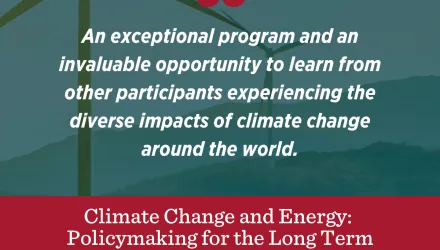Abstract
How can global assessment processes secure the advantages of building on existing national and regional assessments without creating biases against new information from other parts of the world, or alienating stakeholders absent from the initial assessments? There seems much to be gained in global assessment processes from learning sound lessons from earlier efforts at smaller scales; certainly, there seems little need for global assessment processes to recreate from first principles all the pertinent assessments previously done by others. However, making use of regional experience can raise significant issues of how assessments are viewed by a larger set of participants. This paper addresses issues of the interactions between regional and global environmental assessment by examining the case of the United Nations Environment Programme (UNEP) negotiations on persistent organic pollutants (POPs). It looks in particular at one regional precedent for the global negotiations, the 1998 Århus Protocol on POPs to the Convention on Long-Range Transboundary Air Pollution (LRTAP). It examines the question of what global POPs negotiators learned from LRTAP's scientific assessment experience, and explores the impact of the use of such regional assessment on the effectiveness of assessment in a global context. In particular, it looks at its effect on the global assessment's scientific or technical credibility; its legitimacy (perceived fairness); and its salience (utility in addressing questions of interest to a particular user). It concludes that while potential pitfalls of credibility and legitimacy can be avoided using particular strategies for applying regional assessments in global context, risks to salience emerge as the most significant, long-term problem. While intelligent application of regional assessments can greatly facilitate agenda-setting and consensus-building at the global level, these advantages may come at the expense of creating a common, salient information base among all global participants. The paper concludes by exploring alternative strategies that can be employed to provide salient information to a range of different parties.
Selin, Noelle. “From Regional to Global Assessment: Learning from Persistent Organic Pollutants.” Harvard Kennedy School, October 1, 2000



